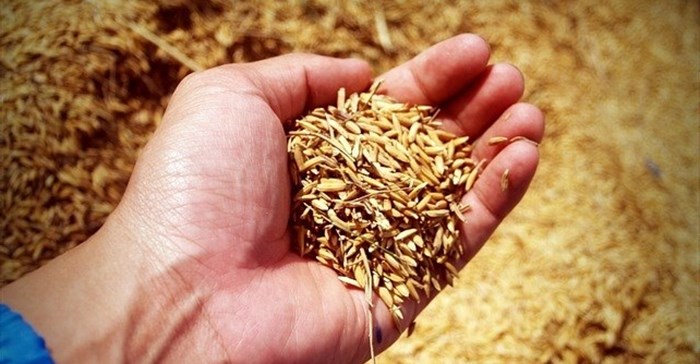
Intervention is necessary to stimulate local wheat production. Producers, researchers, and seed breeders are adamant that a more effective cultivar development and seed breeding system would be the answer, as South Africa's farmers are price takers, and compete with countries where wheat producers have access to the latest developments and the practice of retaining seed is not the order of the day.
A competitive seed sector is key to ensuring timely availability of appropriate, high-quality seeds at affordable prices to South African farmers. According to plant breeder's rights, a form of Intellectual Property Right providing for the acquisition of legal rights in terms of the Plant Breeders' Rights Act, 1976 (Act No 15 of 1976), seed breeding companies may obtain royalties as remuneration for efforts made during the breeding of a new varieties.
For producers, it is important to obtain new and improved plant varieties as there is a constant demand for better quality, higher yields, better processing properties and increased disease resistance. But breeding and development of a new variety is expensive and timeconsuming, such royalties thus give owners of a variety the opportunity to obtain a financial reward for their efforts.
The lack of investment into new technology is largely caused by the retention of farm-saved seed, which results in less seed being sold. Worldwide, the levels of Plant Variety Protection (PVP) legislation and protection for self-pollinated crops are insufficient to guarantee a return on investment on intellectual property for the holders of such plant breeders' rights.
Read the full article on Agri Africa.